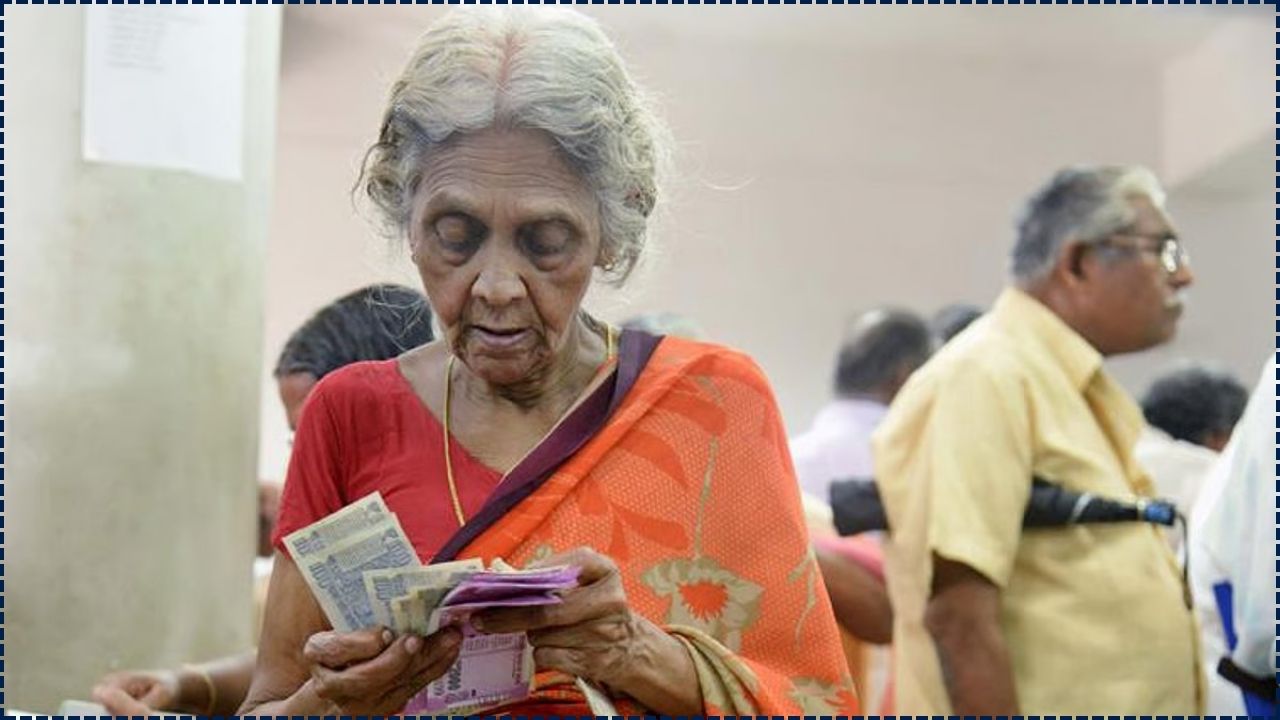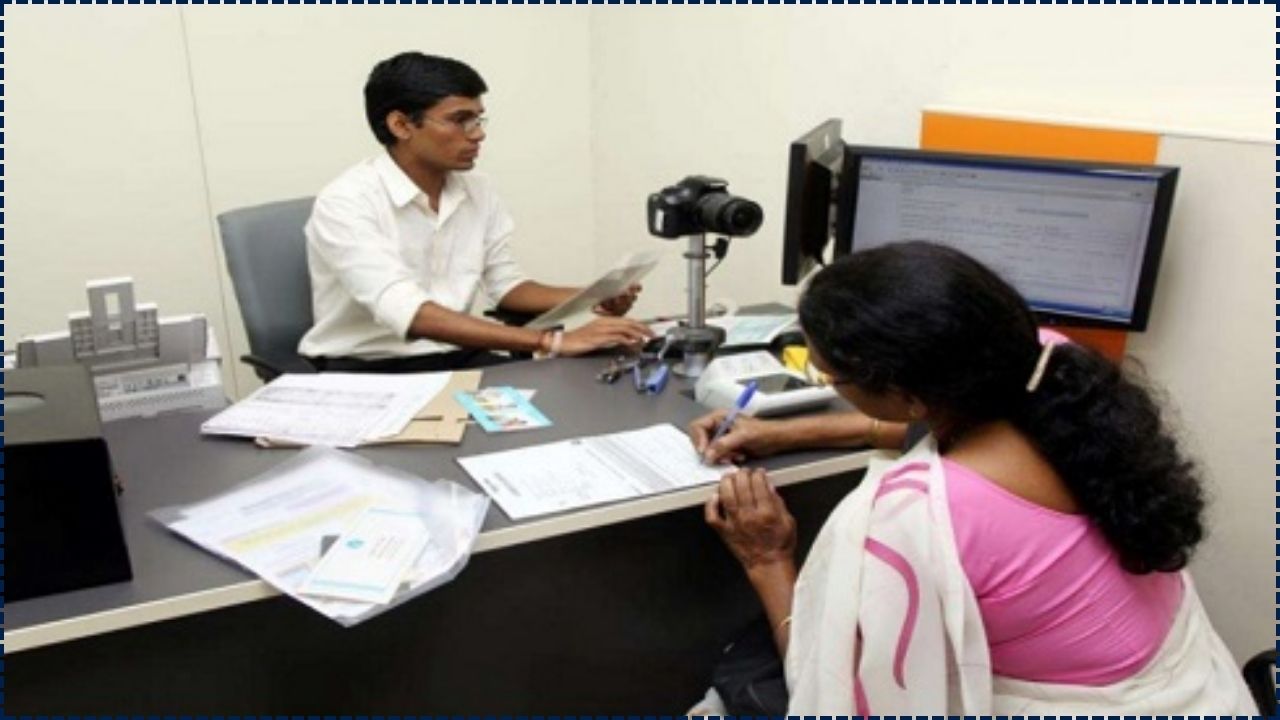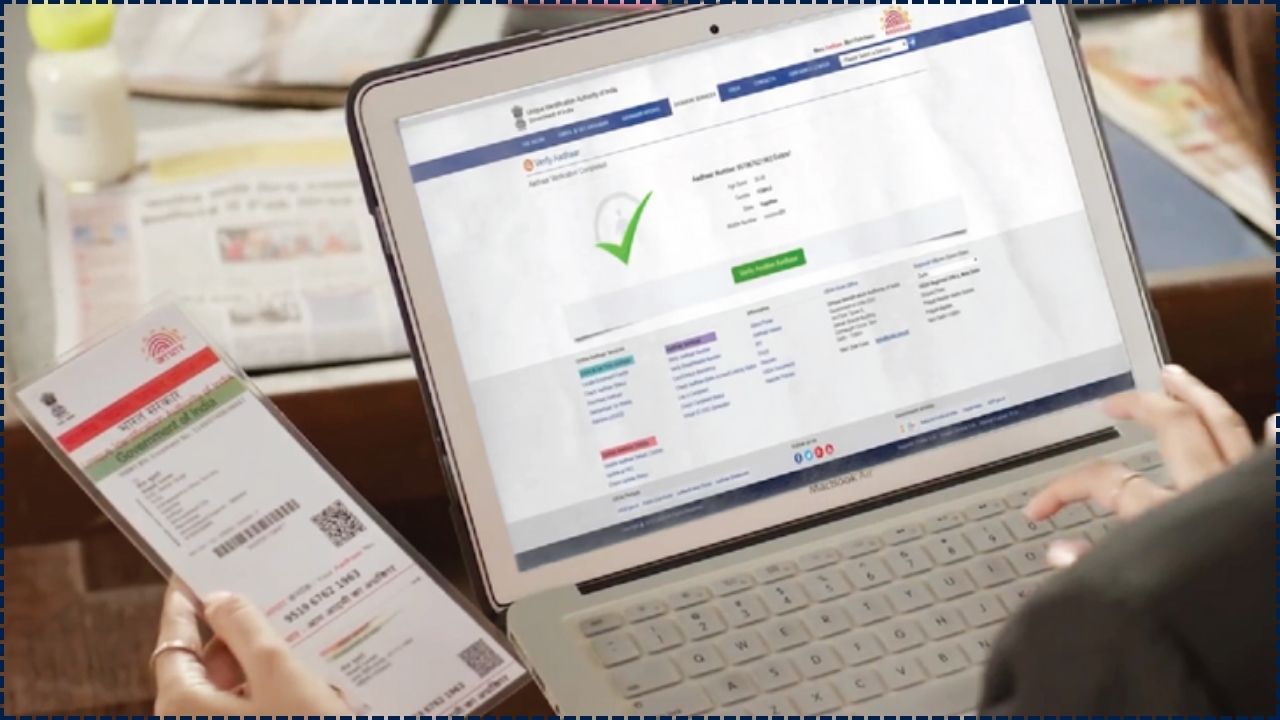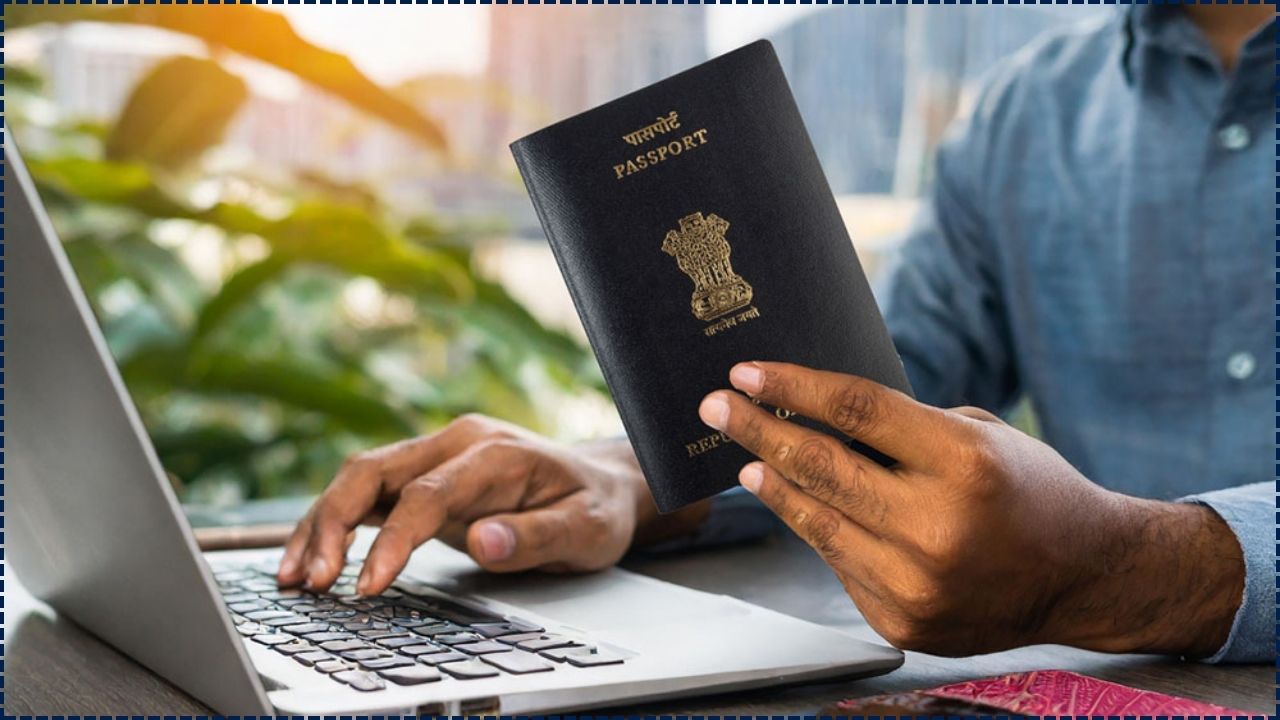India’s adoption of e-governance platforms for online domicile certificate applications reflects a compassionate commitment to empowering citizens, particularly those from marginalized and underserved communities, by simplifying access to a vital legal document that proves permanent residence and unlocks opportunities in education, government employment, and welfare schemes. By reducing paperwork and enhancing transparency through state portals, this initiative fosters inclusion, trust, and dignity, making it easier for residents to secure their rights and access essential services.
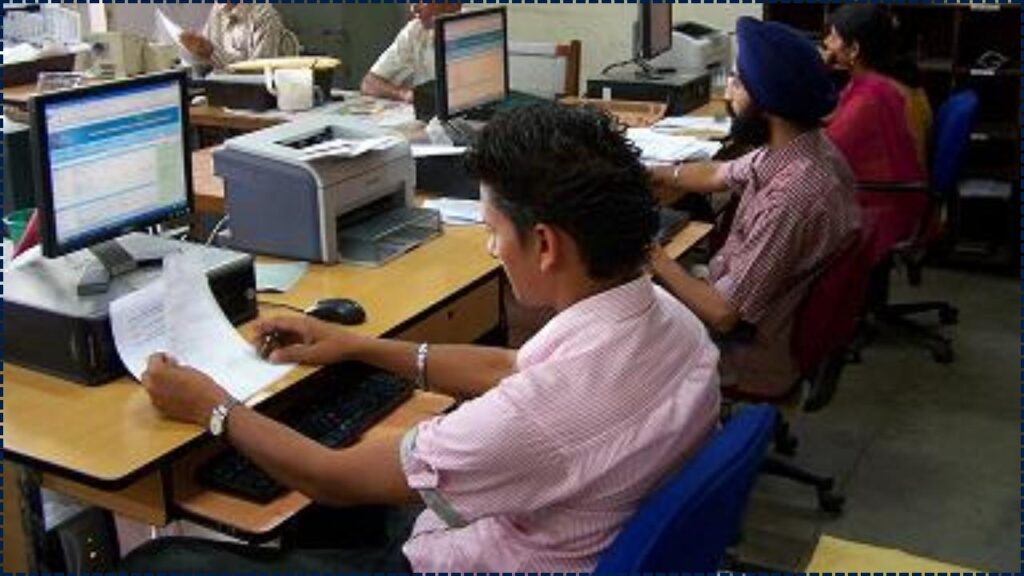
This transformative effort unites communities, authorities, and policymakers in a shared mission to create an equitable, accessible digital framework, ensuring every individual can pursue their aspirations with confidence and hope for a brighter, more inclusive future across India.
The ability to apply for a domicile certificate online in India reflects the government’s broader digital governance push. By making the process faster and more transparent, states aim to ensure that essential benefits and rights are accessible to genuine residents with minimal bureaucratic hurdles.
What Is a Domicile Certificate and Why It Matters
A domicile certificate is issued by a state or union territory government to confirm that a person is a permanent resident. According to the Ministry of Electronics and Information Technology, it is frequently required for university admissions, scholarships, property ownership, and eligibility in state quotas for jobs and education.
Dr. Anjali Verma, a legal expert on administrative law at Delhi University, explained: “The domicile certificate is vital because it ensures that only genuine residents can access benefits designed for the state’s population.”
Eligibility Criteria
The eligibility rules vary from state to state, but common requirements include:
- Continuous residence in a state for a specific number of years, usually three to fifteen.
- Proof that parents or guardians are permanent residents.
- Minors and women marrying outside their home state may be treated under special provisions in some jurisdictions.
Documents Required
Most states request similar supporting documents:
- Identity Proof: Aadhaar card, voter ID, or passport.
- Address Proof: Utility bills, rent agreements, or bank statements.
- Birth Certificate: To establish age and place of birth.
- Photographs: Recent passport-sized photos.
- Affidavit or declaration: Depending on the state’s regulations.
Guide to Online Application
Visit the State Portal
Residents must access their state’s official e-District or citizen services website. For example, Uttar Pradesh uses its e-District portal, while Goa operates through GoaOnline.
Registration and Login
New users generally need to create an account using basic personal details and an Aadhaar-linked mobile number.
Select the Service
Applicants should search for “Domicile Certificate” or related services like “Permanent Residence Certificate” and open the online application form.
Fill in Personal Information
Details such as full name, residential address, period of stay, and parent or spouse details must be completed accurately.
Upload Documents
Scanned copies of required documents should be uploaded in the specified format and file size.
Pay the Fees
Most states levy a nominal fee, payable online through debit/credit cards, UPI, or net banking.
Submit and Track
After submission, applicants receive an acknowledgement or reference number, which can be used to track the application’s status.
Verification and Issuance
The application is reviewed by the local revenue office, usually the Tehsildar or District Magistrate. If approved, the certificate is issued digitally and can be downloaded from the portal.
Related Links
How to Verify Property Documents Online Using State Portals
Applying for a Marriage Certificate Online: Step-by-Step Guide
Examples from Different States
- Goa: Applications can be filed via GoaOnline with a typical processing time of five days under the Goa Right of Citizens to Time-Bound Delivery of Public Services Act.
- Jammu and Kashmir: Residents apply through the Jansugam portal, with verification carried out at the tehsil level.
- Kerala: Citizens can apply online via the Akshaya Centres or the state’s e-District portal, where small service charges apply.
Processing Time and Validity
Most states issue domicile certificates within 7 to 15 working days, provided documents are complete and valid. In many states, the certificate is valid for a lifetime, but some require renewal for specific schemes.
Challenges and Best Practices
While online applications simplify the process, incomplete documents and mismatched details often lead to delays. Experts recommend keeping updated proof of residence and ensuring scanned files meet portal specifications. Using only government websites is strongly advised to avoid fraudulent intermediaries.

